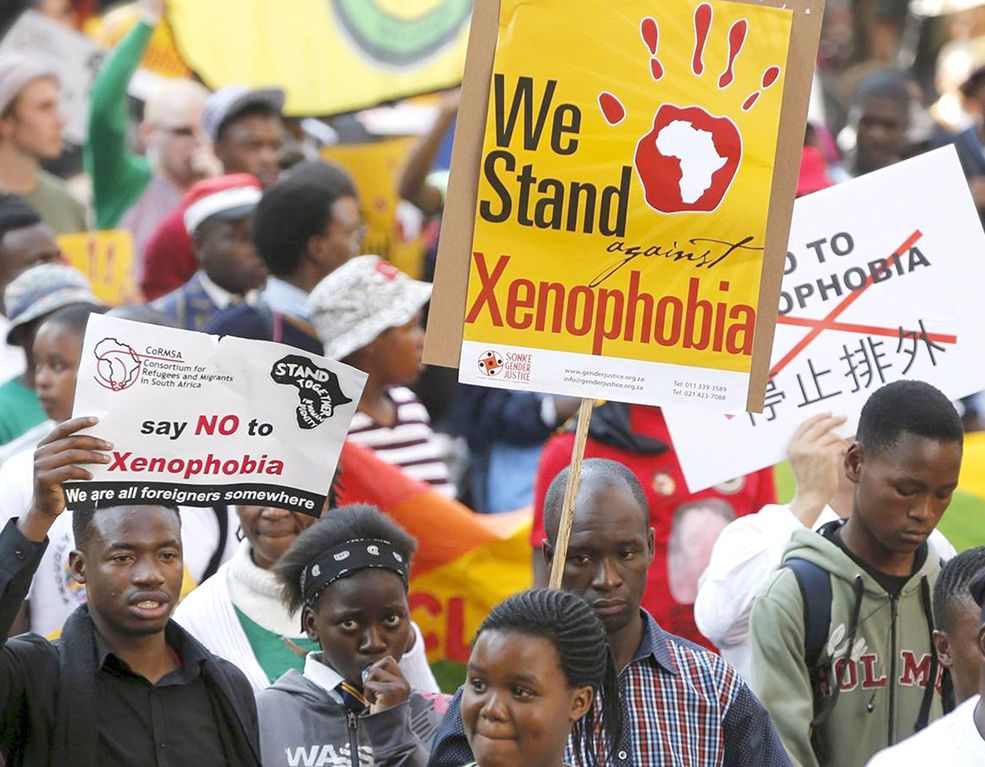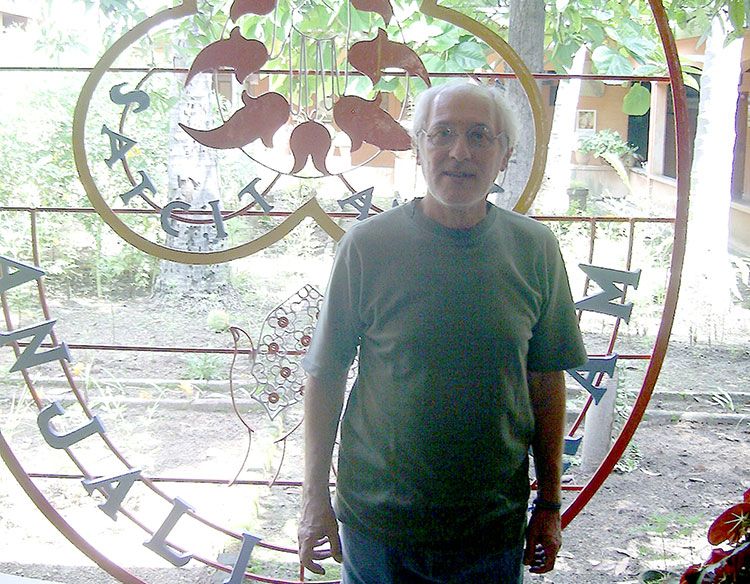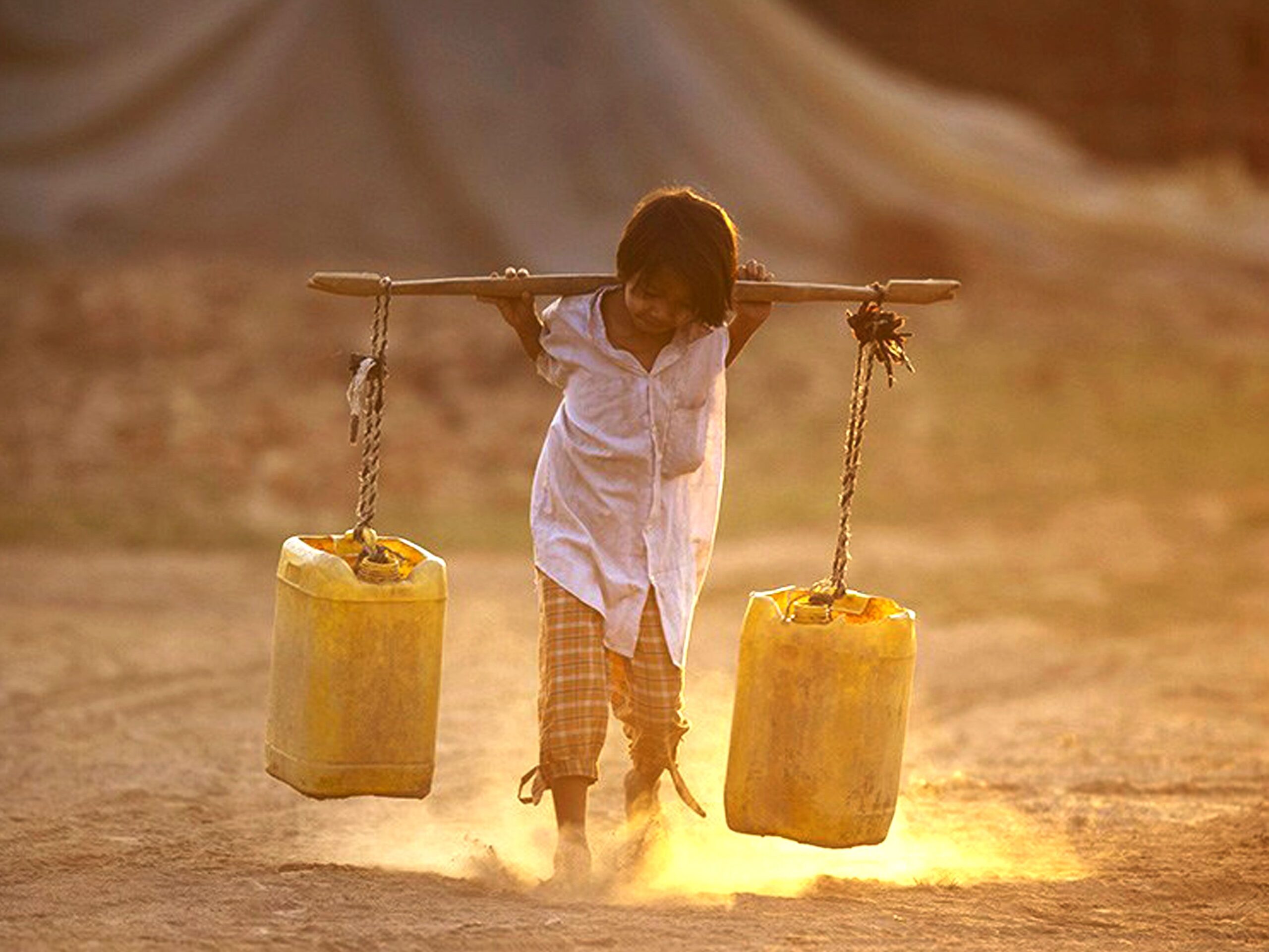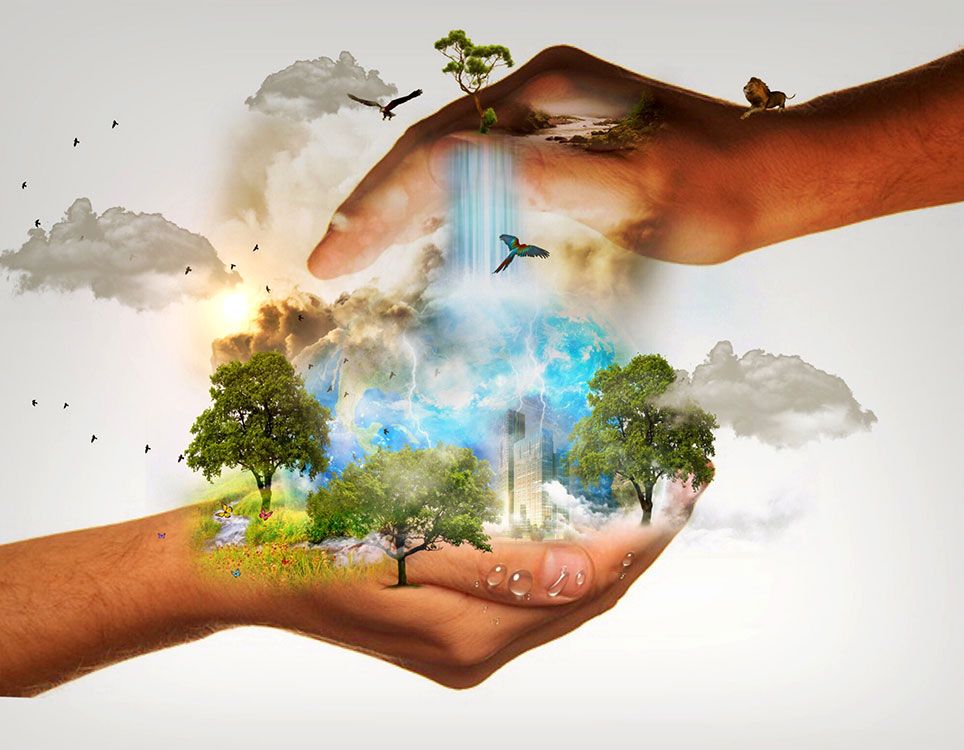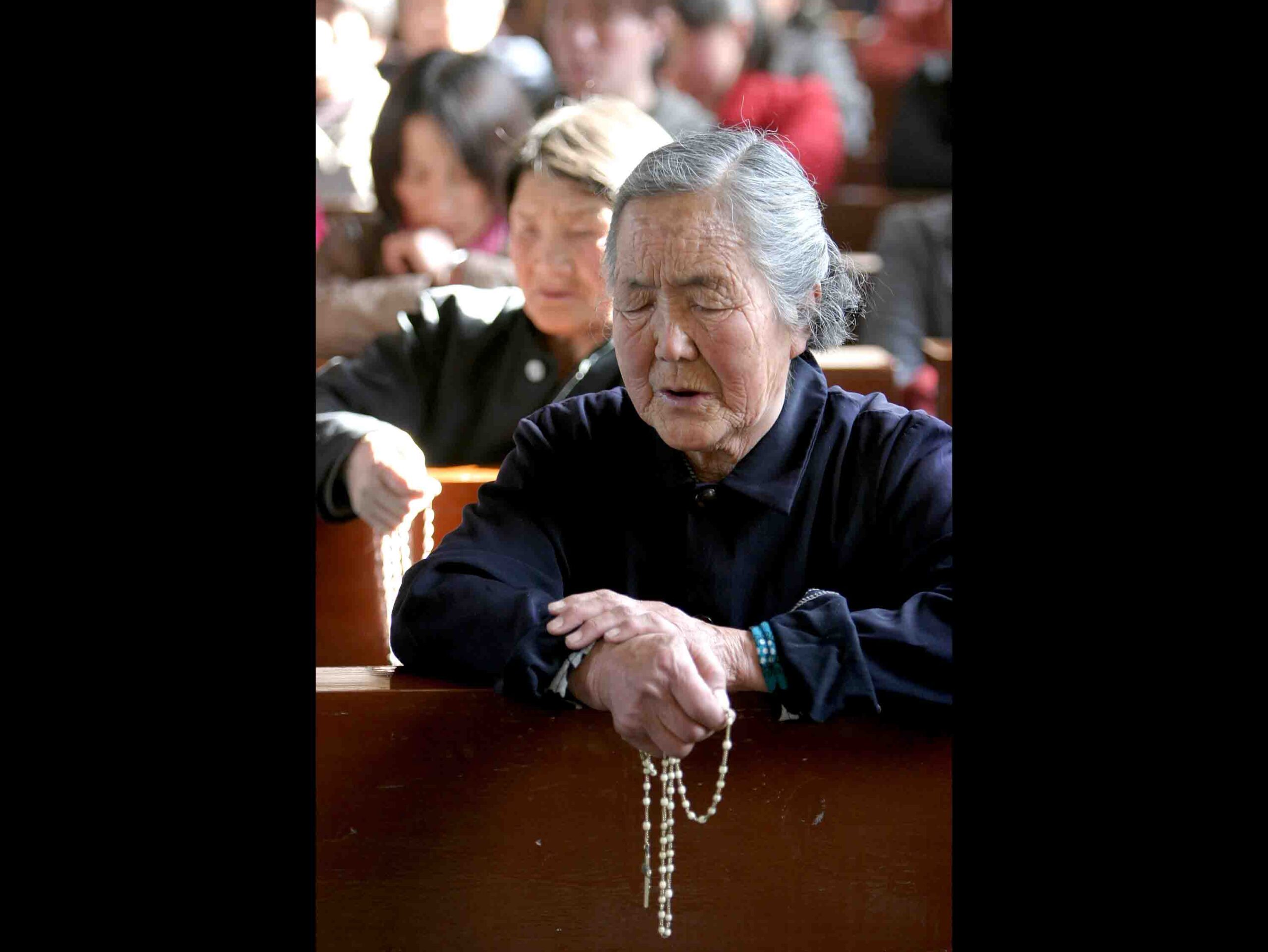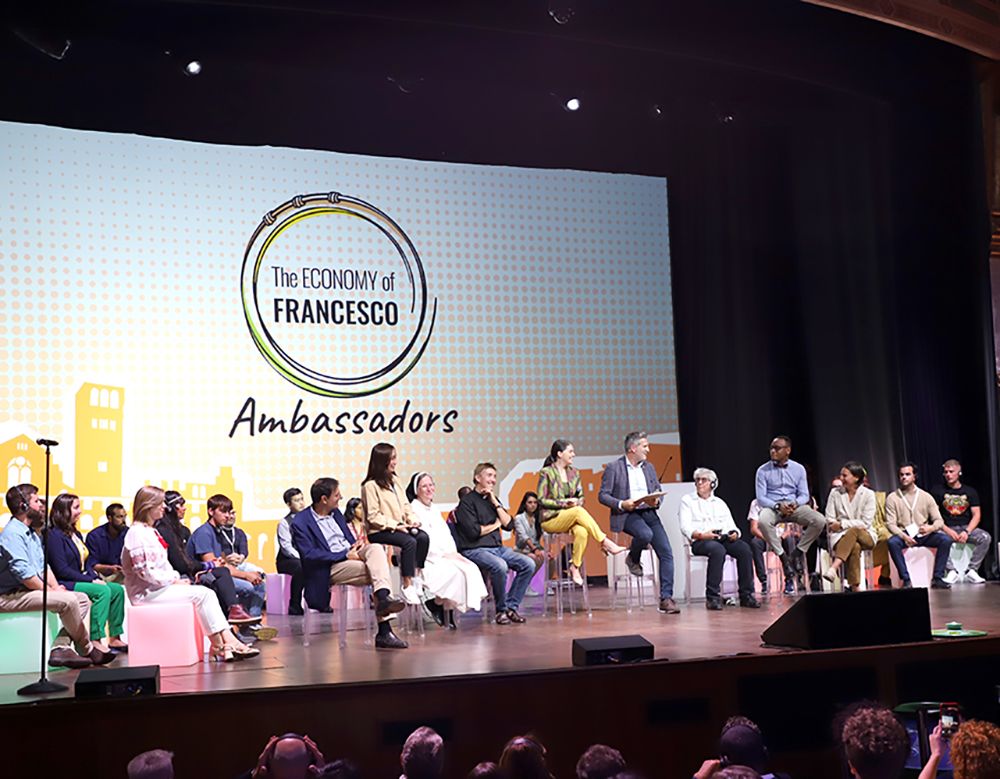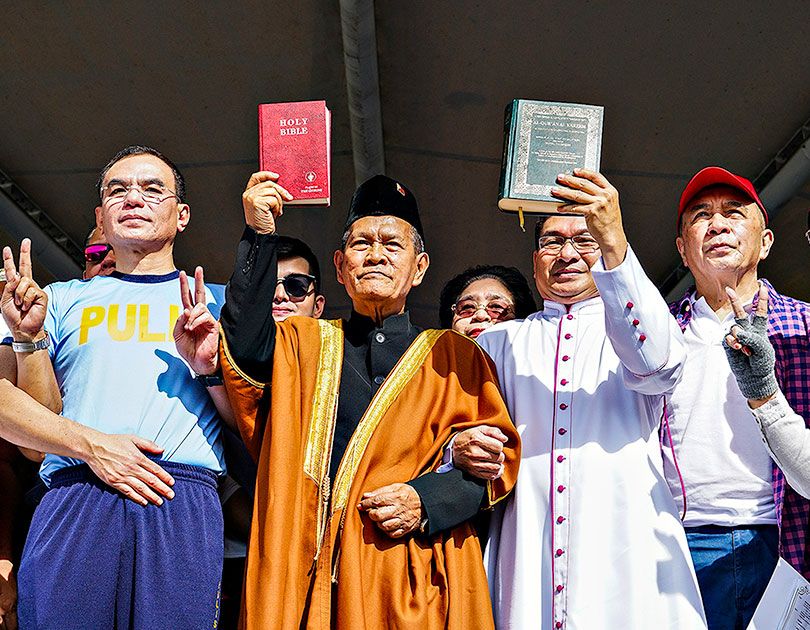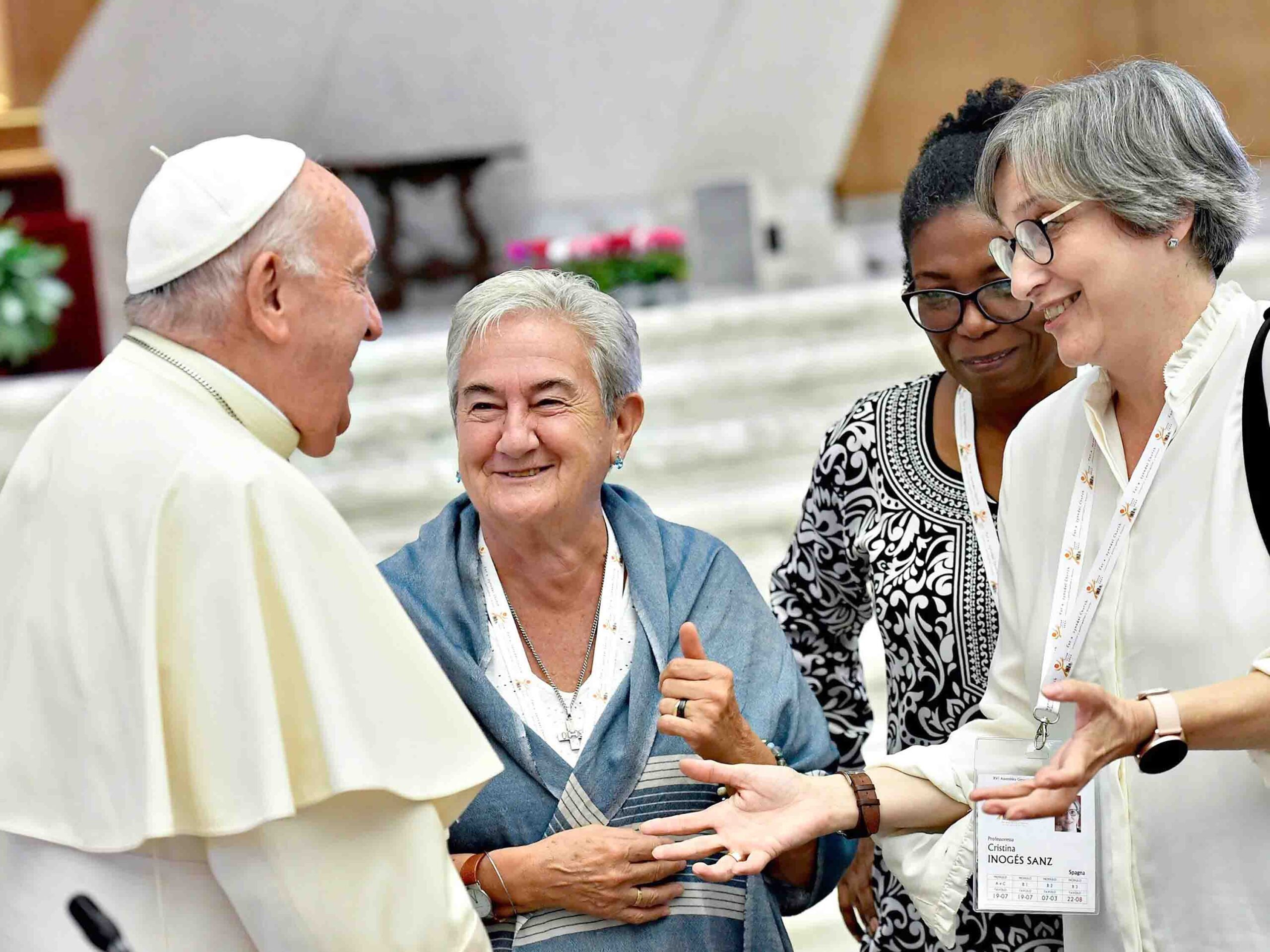The first human right recognized almost universally is freedom. Because of freedom, people understood the importance of abolishing slavery, of supporting the fight for independence of colonized nations, of asking for a change in South Africa’s apartheid rule. Freedom is the underlying value beneath all self-determination struggles. Yet, we do not live in a free world. As many as two billion people, one third of the world’s population, live in poverty or extreme poverty. These people are not able to make free decisions about their future. They are enslaved by their lack of choice.
Poverty means lack of means to live. It also means lack of proper medical care, education opportunities for one’s children, social issues like alcoholism, drug abuse, child prostitution, child labor, among others. The fact that extreme poverty exists in all parts of the world is a sharp reminder that globalization – with all its benefits and opportunities – has not produced a broad-based system of inclusion. The concentration of extreme poverty in certain regions of the world is a sad reminder of the inequalities which exist in our world.
Poverty is often the result of exploitation, and it remains a difficult reality to fight. In the present moment, globalization has reached all the corners of the Earth. Our societies are interconnected at various levels. Yet, instead of paving the way to a better distribution of resources, globalization is favoring a replication of a perverse pattern: the rich are growing richer, and the chasm dividing them from the poor is widening. In a way, one could say that the rich enjoy a life of plenty, thanks to the lack of basic comforts experienced by the poor.
One of the main reasons for this situation is the imbalance of trade. The countries with the most natural resources are unable to control the value of these resources. The wealth produced by exploiting resources goes to the richest countries of the world. At the same time, within developing countries, the wealth generated by the local economy is enjoyed by a small elite, leaving most people out in the cold. It is not by chance that many countries in the South trail behind the West even though they provide most of the resources for the latter’s industrial development.
Imbalance of trade also means that certain markets are heavily regulated to protect local production. Africa, Asia and Latin America could provide agricultural products at a fraction of the cost in the West. Yet, they are shut out by protection schemes. Schemes that are not approved by the West in their dealings with the South, in the name of a free market economy. In this way, farmers from the South see themselves locked out from lucrative markets.
Poverty can be eradicated, and this process requires important changes in the world‘s economy, but also in the way we perceive people and their rights. Every person has the right to life, and to being the creative subject of that life. Every person ought to have the possibility of sharing in the benefits and the opportunities of globalization by being an active protagonist of the fundamental choices which belong to him or her as a person. Practices which inhibit a person from assuming an active role in society need to be addressed.
A human rights approach to fighting poverty in the era of globalization must place the person at centre stage, as Pope John Paul II recalls in Centesimus Annus (No. 40) within the context of “those qualitative needs which cannot be satisfied by market mechanisms alone.” It is helpful to remember that when the Universal Declaration of Human Rights speaks of compensation for work (Art. 23, 3) and of an adequate standard of living (Art. 25, 1), it does not treat the person simply as an individual recipient of wages, but in the context of that network of needs and responsibilities linked with his or her family.
Extreme poverty is a violation of human rights. The State has a duty to provide appropriate policies to favor development for all. The State has also a duty to provide fundamental services to all. Yet, it is not only the State, as the administration of a country, that has duties. It is also the duty of each citizen to act in a way that is respectful of the human rights of the poor. In other words, those who have the capacity must act so that society can leave behind assistentialism and embrace behaviors that enable all to realize their God-given potential. The wealthy who invest their capitals in secured funds abroad do not help their society. Investing in their own country, in projects that are beneficial to local people, would be a more ethical choice.
The poor ought to participate in the choice of policies that concern them and their development. It is probably only through listening to the poor that we can fully understand what an experience of poverty entails. To be active partners in the fight against poverty, impoverished people require, above all, voice, recognition, security and inclusion. The poor must be engaged. The fact that a person lives in poverty does not mean that others should decide on his or her best interests. Many international development programs fail because of their lack of attention to local wisdom. Pro-poor policies often overlook the astonishing creativity the poor show in trying to survive and offer a better future to their children. Such creativity must be utilized for a more productive future for all.


